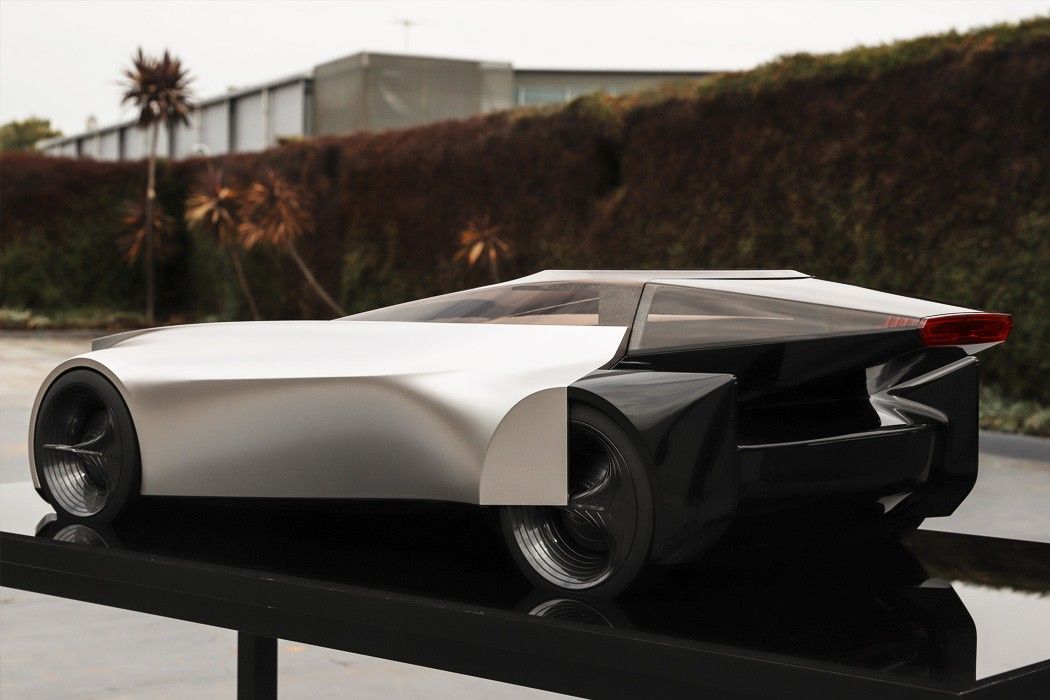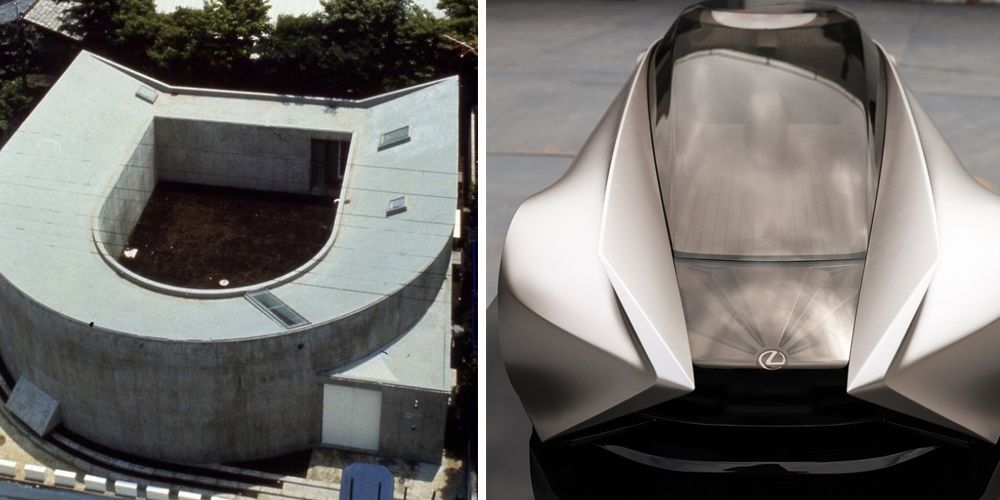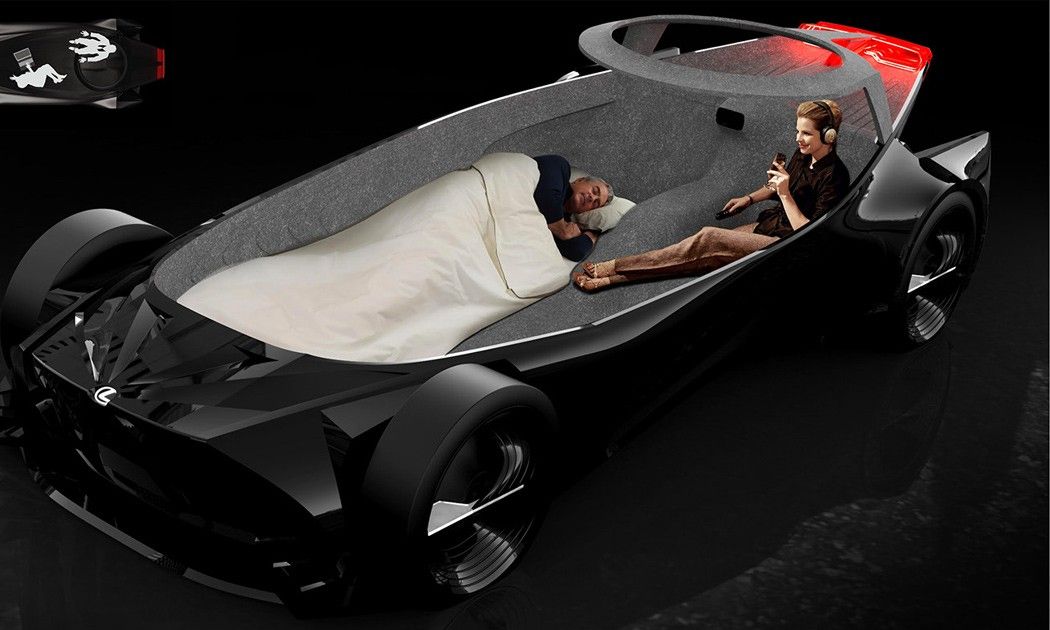There might be a silver lining to the dark clouds hovering over automakers and their work stoppages due to the COVUS-19 outbreak. Once free from the distractions that come with full-scale production, car designers now have a chance to stretch their neural pathways and come up with ideas that otherwise may not have seen the light of day. Enter the Lexus Hikari Concept. Let's check it out.
A Bright Addition To A Concept
Light is the operative word here, especially in the case of Hanzhengyi "Leo" Pan, an exterior auto designer with Toyota. In fact, he's created a concept car dubbed the Hikari, which translates from Japanese as "light." Pan decided to apply his enlightening notion to a Lexus model, an appropriate choice given that Lexus operates under the Toyota umbrella. But what he did to it was something that the company may not otherwise consider: he started playing with light and shadow properties that add a classy and futuristic accent to a design that already looks like it's from another dimension.
Design Based On A Unique Home
The inspiration apparently comes from a Tokyo home called the White U House designed by architect Toyo Ito. Before demolition leveled the structure in 1997, the home's U-shaped courtyard opened up the place (which resembled a scale model of an outdoor stadium chopped in half) to streaming light similar to the effect of sunsets over Stonehenge you'd see in Discovery Channel programs.
The Lexus Hikari Concept adopted the idea via e-rubber, a pliable substance with actuator properties for electric and mechanical functions. Depending on how much sunlight a Hikari occupant desires, the car's oval, transparent roof can open or close like a daisy.
Driverless and Green As Well
More light means occupants can enjoy the sun. Less light means they can engage in other activities like telecommuting in a mobile office or kick back and watch a flick. Since the Hikari is also designed to operate autonomously, there are hardly any limits to what passengers might want to do. It's also powered by hydrogen fuel cells, making it environmentally friendly.
Whether Lexus gets on this idea and convert it into the real thing of course is a matter of speculation. Toyota obviously has worker safety as well as how the economy will rebound once the coronavirus runs its course. But for as long as this lockdown lasts, expect many other daring concepts to hit the drawing board.
Sources: AutoEvolution, Arch Daily, Toyoda-Gosei



